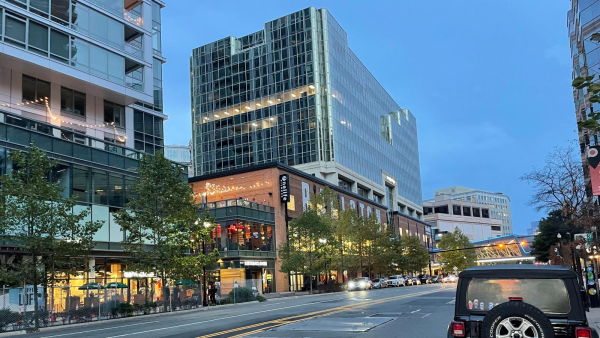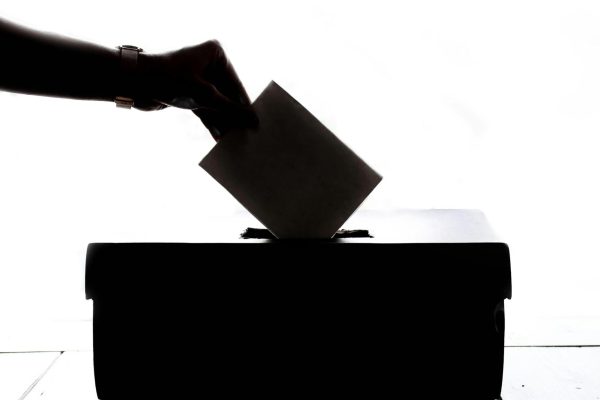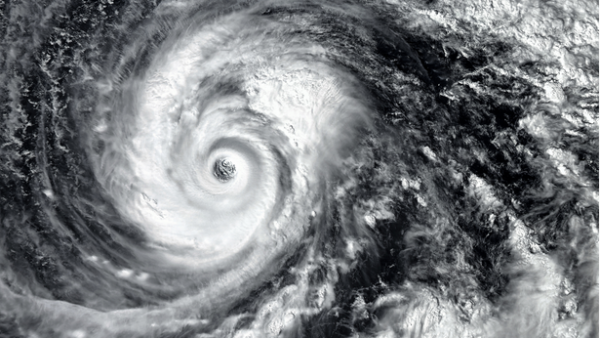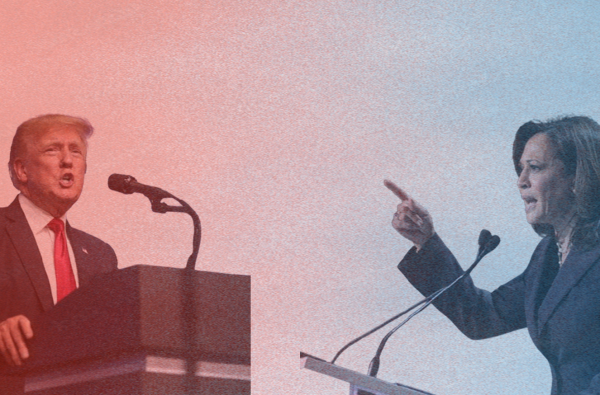How COVID-19 is Affecting the Olympics
Photo courtesy of Wikimedia Commons
After a historical postponement of the 2020 Summer Olympics due to COVID-19, there is still some doubt whether they will take place this year in Tokyo. After all, the pandemic continues to rage on despite vaccine rollout and according to Thomas Bach, the head of the International Olympic Committee, “there is no plan B”, meaning the games won’t be postponed again but rather canceled if the Coronavirus remains an obstacle. Billions of dollars have already been spent, however, and the committee is acting as if the games will take place this summer, with some modifications for safety, of course.
In order to minimize risk and exposure to COVID during the Olympics, many strict guidelines will be in place. All athletes who attend are required to quarantine for at least 14 days upon their arrival in Tokyo and will be subject to a mandatory COVID test at least every four days during their stay. Another key difference in protocol this year is that athletes will not be permitted to stay in the Olympic Village after their competition is over and they cannot enjoy themselves like in previous years by visiting restaurants, bars, and other local areas.
Athletes will not be required to wear masks while competing, however, strict social distancing and mask mandates will be enforced for the majority of the time. All athletes will receive a playbook when they arrive which includes restrictions and rules for minimizing exposure. Though vaccines are not required due to scarcity in many countries, they are strongly recommended; vaccinated athletes will still be required to follow the same guidelines as everyone else. If there is a positive test, officials say that that athlete will be unable to complete and everyone in close contact might also be disqualified if testing comes back positive.
While the Japanese government is still insistent on hosting the summer games, public support is dwindling. As cases continue to rise, many fear that the Olympics will create another major wave of COVID which could drastically affect Japanese citizens. With that being said, billions of dollars have already been spent and the Olympic committee is prepared for the games to take place this summer, and focus is already shifting to planning the 2022 Winter Olympics, which will take place just mere months after the 2020 Summer Olympics.
Hi i'm Serena! I am a sophomore and this is my first year as a staff writer for the Oakton Outlook. I like to write news and opinion pieces. Outside of...








